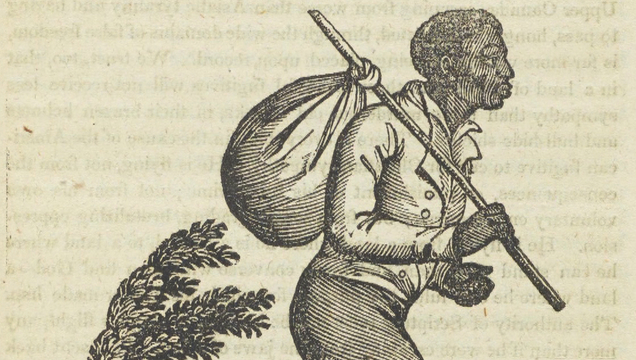


After the election, in which Republicans increased their majority, it passed. Initially, the amendment failed, with most Northern Democrats opposed, warning that it would lead to black voting and interracial marriage. He was in a tight presidential race, and supporting black rights was not a vote-getter. Abraham Lincoln stayed neutral as the 1864 Congress debated it. Battle for Freedom: The Use and Abuse of American History, 2017, etc.) reminds readers that the Emancipation Proclamation freed some slaves, and the 1865 surrender of Confederate armies freed none.

Pulitzer Prize–winning historian Foner (Emeritus, History/Columbia Univ. This engrossing scholarly history recounts how it happened. That required the Civil War and the 13th, 14th, and 15th amendments, which dramatically altered how we are governed. Schoolchildren learn that the Constitution did not solve the slavery question.


 0 kommentar(er)
0 kommentar(er)
